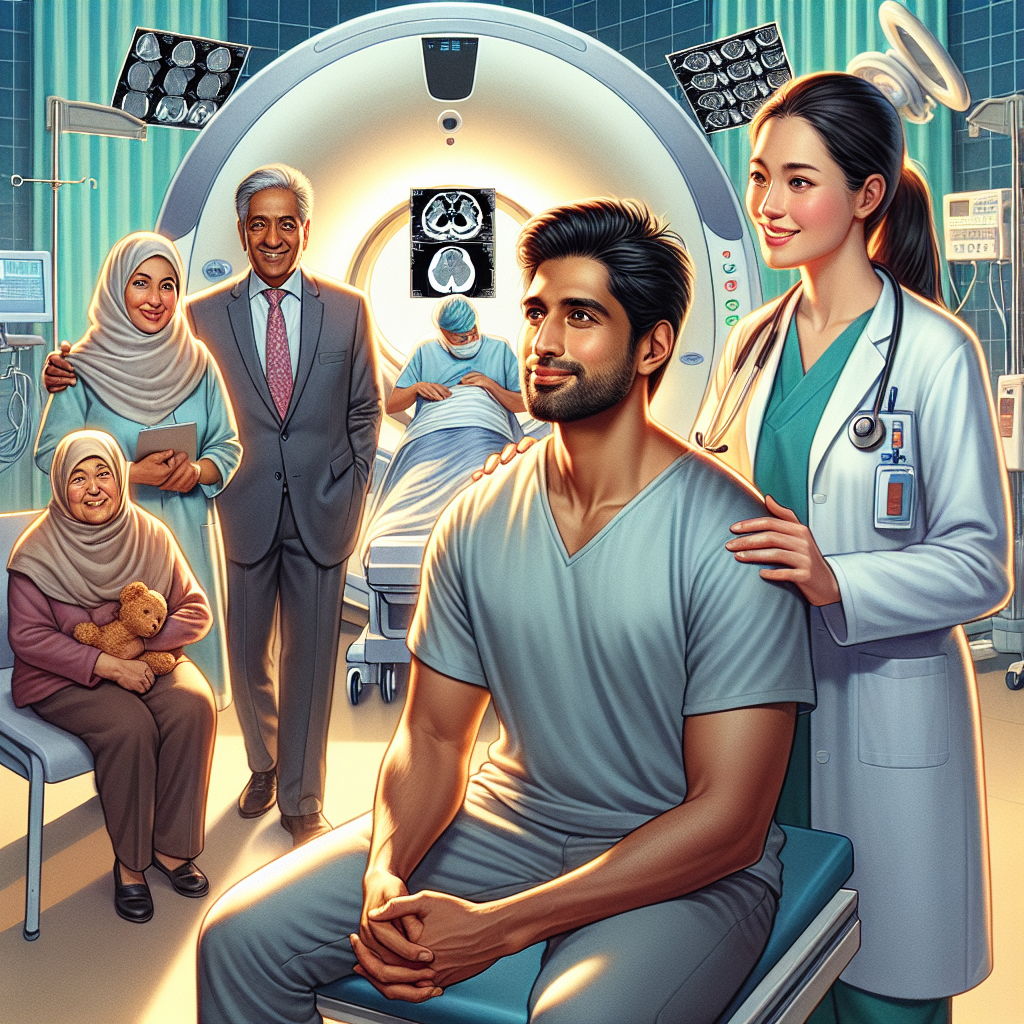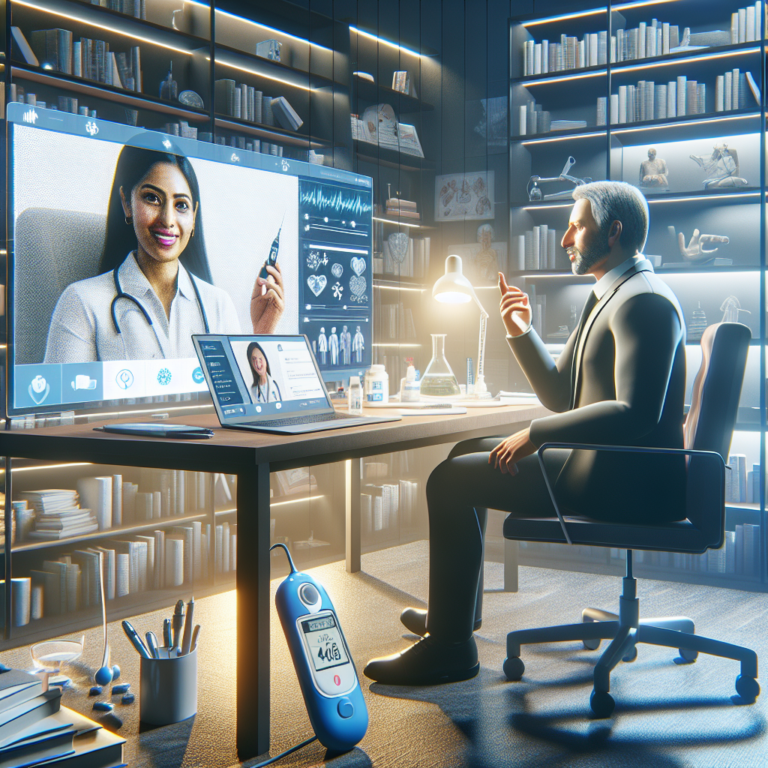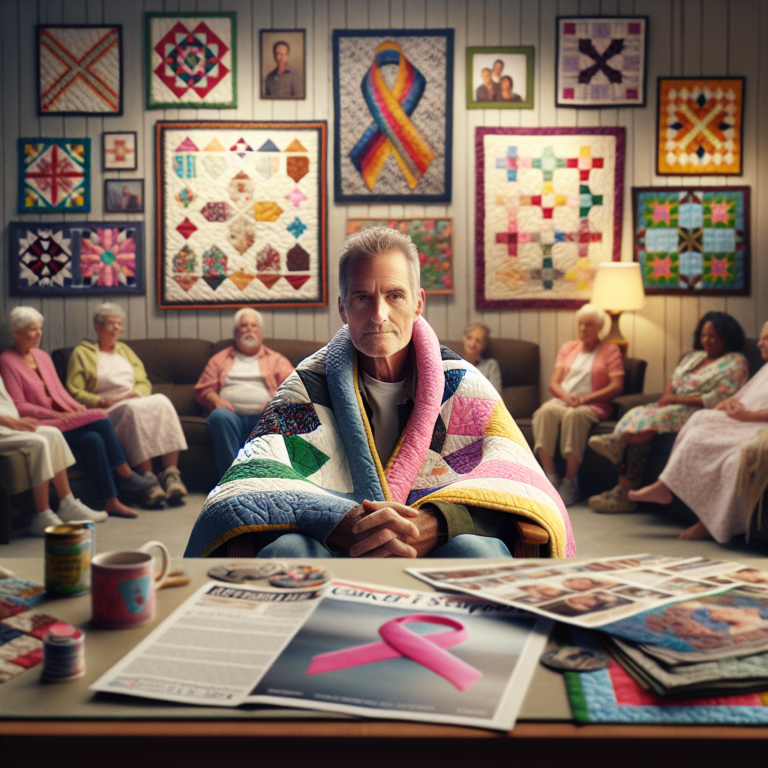Unlocking Success: The Power of Early Diagnosis for Better Health Outcomes

A Journey Through Pancreatic Cancer: My Story of Hope and Resilience
In 2016, my life took a dramatic turn when I faced a series of health challenges, ultimately leading to a diagnosis of pancreatic cancer. The experience was not only physically taxing but also emotionally draining. Through perseverance and the support of a dedicated medical team, I have navigated this difficult path, and I want to share my story to inspire others facing similar battles.
Initial Health Crisis: The First Signs of Trouble
My pancreatic cancer journey began with multiple episodes of pancreatitis, culminating in a severe hospitalization in May 2016. During this grueling month-long stay, I spent ten days on a respirator, fighting for my life. Despite my recovery, I struggled with persistent nausea and a significant weight loss of 40 pounds. It was my New Jersey doctor who referred me to the renowned Columbia Presbyterian Pancreas Center in New York, where I met Dr. John Poneros. His diagnosis of necrotizing pancreatitis revealed that my pancreas was enveloped in fluid, which led to a series of endoscopies and stent placements to alleviate my symptoms.
Health Complications Resurface
Fast forward to February 2020, when I began experiencing flu-like symptoms that lingered for weeks and resulted in a 12-pound weight loss. Concerned, I reached out to Dr. Poneros, who promptly ordered a CT scan and blood tests. The imaging revealed a small growth on my pancreas, prompting an endoscopy and biopsy shortly thereafter. On March 17, 2020, I was scheduled to meet with Dr. Beth Schrope, the surgeon who would guide me through the next steps.
Surgery and Treatment: A New Chapter
I underwent surgery on March 23, 2020, right in the midst of the pandemic. My family dropped me off at the hospital, and I faced my procedure without visitors, only seeing them again upon my discharge on April 2. While the surgery was a success, it turned out to be extensive, resulting in the removal of my spleen, parts of my stomach, colon, pancreas, and a total of 36 lymph nodes. Thankfully, the tumor was successfully excised, and the lymph nodes were confirmed to be non-cancerous.
With the guidance of my medical team, including Dr. Poneros, Dr. Schrope, and oncologist Dr. Gulam Manji, I chose to pursue chemotherapy as my next step. I began a regimen of FOLFIRINOX, which has been manageable with only minor side effects like nausea and neuropathy in my hands and feet. Despite initially planning for 12 treatments, Dr. Manji has decided to halt chemotherapy due to the diminishing returns.
Grateful for Early Detection and Support
Reflecting on my experience, I consider myself incredibly fortunate that my pancreatic cancer was detected in its early stages—a rarity occurring in only 10 to 15 percent of cases. With the unwavering support of my medical team at Columbia Presbyterian and a strong faith, I am optimistic about overcoming this disease and emerging as a survivor.
Learn More About Pancreatic Neuroendocrine Tumors
If you’re interested in understanding more about pancreatic neuroendocrine tumors (PNETs) and their unique characteristics, feel free to explore additional resources here.
My journey through cancer has been challenging, but it’s also filled with hope. I hope my story can serve as a beacon of strength for others facing similar battles.






